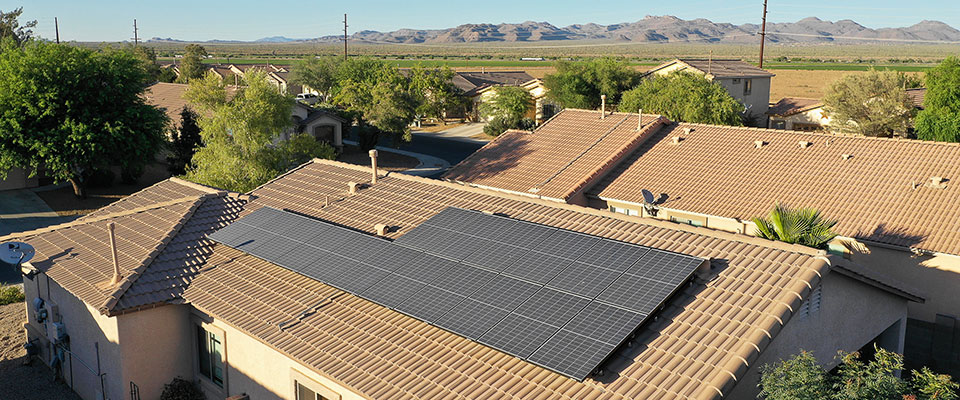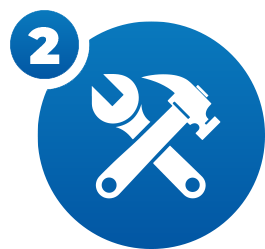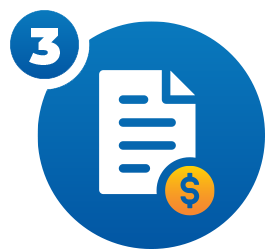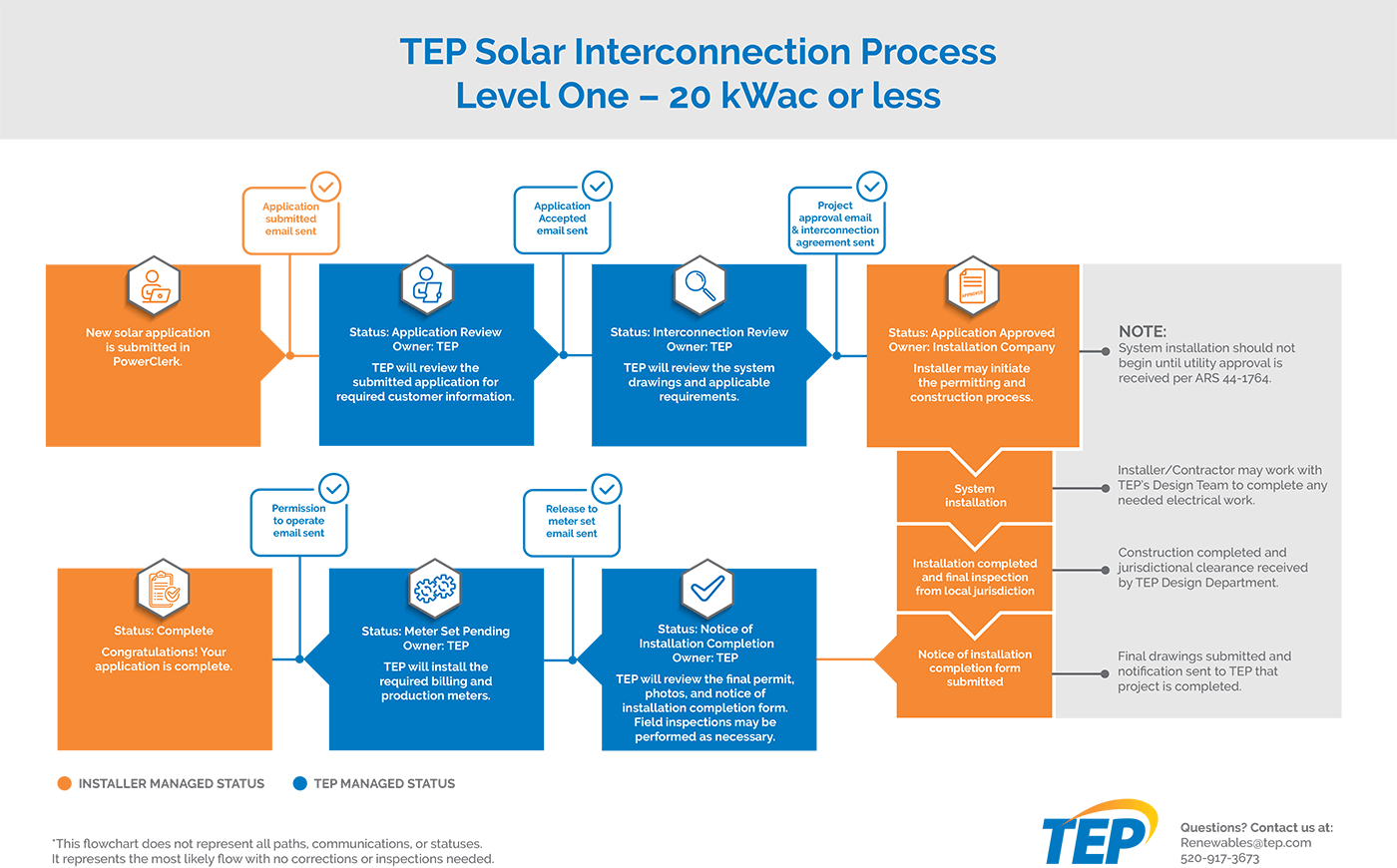
Rooftop Solar for Homeowners
What You Should Know About Residential Solar Systems
No matter where you are in your solar journey — from exploring a new investment, starting the installation process or trying to understand how solar might affect your bill — we're here to help.

Is Your Home a Good Fit for Solar?
When considering solar energy for your home, evaluate factors like roof condition, orientation, shading, and climate. Understand the benefits, costs, and payback period, which is the time it takes for savings to cover the initial investment. Choose a reputable solar company by researching their experience, reviews, warranties, and financing options. Ask about installation, maintenance, and energy production. Be cautious of scammers offering deals that seem too good to be true; verify credentials and read the fine print before committing.
Thinking About Going Solar?
Wondering if solar is right for your home? Our Solar Analysis Tool makes it easy to find out!
See if your home is a good fit
Estimate potential savings
Explore system options

Getting Started with Solar
TEP ensures safe integration of residential solar systems with the grid. Your installer handles design, permits, installation, and maintenance, ensuring efficient operation. TEP reviews and approves the application to interconnect to ensure your system will be connected to the TEP grid safely. Once the system is installed, TEP will complete the final inspection and review in order to issue the Permission to Operate. After Permission to Operate has been issued, the solar installer will energize the system.

What to Expect After the Installation is Complete
After your solar installation is complete, you'll need to select a Time-of-Use (TOU) pricing plan that best fits your energy usage patterns. TEP provides resources like "The Scoop" video to explain billing and how excess energy credits work. Excess energy credits are earned when your solar system produces more energy than you use, which can offset future bills. Understanding billing and credits is crucial to maximizing your savings and ensuring you get the most out of your solar investment.

Maintaining or Expanding Your System
For maintenance and repairs of your solar system, contact your installer to address any issues and ensure proper functioning. In case of power outages, reach out to TEP for assistance and updates. If you need to make changes to your PV system after installation, consult your installer to manage modifications and ensure compliance with regulations.
Documents and Resources
- Expectations and Milestones
- Exporting Systems Interconnection Agreement for Projects 20 kWac or Greater (Effective Nov. 16, 2020)
- Exporting Systems Interconnection Agreement for Projects 20kWac or Less (Effective Jan 27, 2020)
- TEP Solar Analysis Tool
- TEP Consumer Acknowledgment
- Landlord Authorization Form
- DocuSign Guide
- Distributed Generation Interconnection Rules
- Solar Estimate website
- Beyond Net Metering
- Power Shutdowns at a Glance
- Solar Project Records Release Form
- 7 Tips for Making Solar Energy Work for You
- A Guide to Common Corrections
- Commonly Used Terms in Solar Installation
- Meter Installation Timeline and What to Expect
- Follow the Solar Workflow

